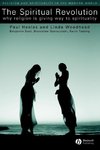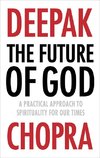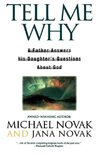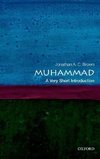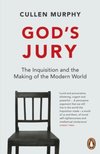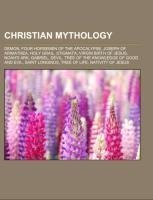
Christian mythology
Source: Wikipedia. Pages: 117. Chapters: Demon, Four Horsemen of the Apocalypse, Joseph of Arimathea, Holy Grail, Stigmata, Virgin birth of Jesus, Noah's Ark, Gabriel, Devil, Tree of the knowledge of good and evil, Saint Longinus, Tree of life, Nativity... Viac o knihe
Produkt je dočasne nedostupný
24.82 €
bežná cena: 28.20 €
O knihe
Source: Wikipedia. Pages: 117. Chapters: Demon, Four Horsemen of the Apocalypse, Joseph of Arimathea, Holy Grail, Stigmata, Virgin birth of Jesus, Noah's Ark, Gabriel, Devil, Tree of the knowledge of good and evil, Saint Longinus, Tree of life, Nativity of Jesus, Genesis creation narrative, Jesus Christ in comparative mythology, Miraculous births, Cain and Abel, Resurrection appearances of Jesus, Harrowing of Hell, Black Mass, Christian angelic hierarchy, Serpent, Bosom of Abraham, War in Heaven, Annunciation to the shepherds, Acheiropoieta, Antediluvian, Deal with the Devil, Throne of God, Ding Dong mines, Sword of Saint Peter, Blockula, Acherusa, Dobiel, Pact ink, Pearly gates, Stephaton, Draconcopedes, Lords of Shouting. Excerpt: Jesus of Nazareth (7-2 BC/BCE - 30-36 AD/CE), commonly referred to as Jesus Christ or simply as Jesus or Christ, is the central figure of Christianity. Most Christian denominations venerate him as God the Son incarnated and believe that he rose from the dead after being crucified. The principal sources of information regarding Jesus are the four canonical gospels, and most critical scholars find them, at least the Synoptic Gospels, useful for reconstructing Jesus' life and teachings. Some scholars believe apocryphal texts such as the Gospel of Thomas and the Gospel of the Hebrews are also relevant. Most critical historians agree that Jesus was a Jew who was regarded as a teacher and healer, that he was baptized by John the Baptist, and was crucified in Jerusalem on the orders of the Roman Prefect of Judaea, Pontius Pilate, on the charge of sedition against the Roman Empire. Critical Biblical scholars and historians have offered competing descriptions of Jesus as a self-described Messiah, as the leader of an apocalyptic movement, as an itinerant sage, as a charismatic healer, and as the founder of an independent religious movement. Most contemporary scholars of the Historical Jesus consider him to have been an independent, charismatic founder of a Jewish restoration movement, anticipating a future apocalypse. Progressive scholars, however, contend that Jesus' "Kingdom of God" meant radical personal and social transformation instead of a future apocalypse. Christians traditionally believe that Jesus was born of a virgin, performed miracles, founded the Church, rose from the dead, and ascended into heaven, from which he will return. The majority of Christians worship Jesus as the incarnation of God the Son, one of three divine persons of a Trinity. A few Christian groups, however, reject Trinitarianism, wholly or partly, believing it to be non-scriptural. Most Christian scholars today present Jesus as the awaited Messiah promised in the Old Testament and as God, arguin
- Vydavateľstvo: Books LLC, Reference Series
- Formát: Paperback
- Jazyk:
- ISBN: 9781157654384

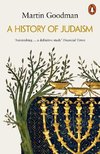
 Anglický jazyk
Anglický jazyk 